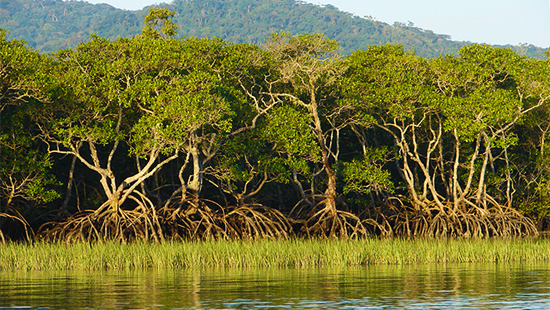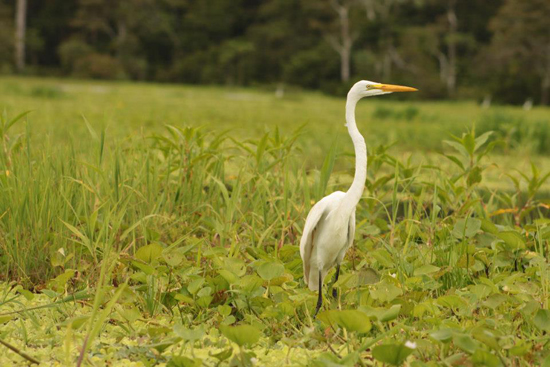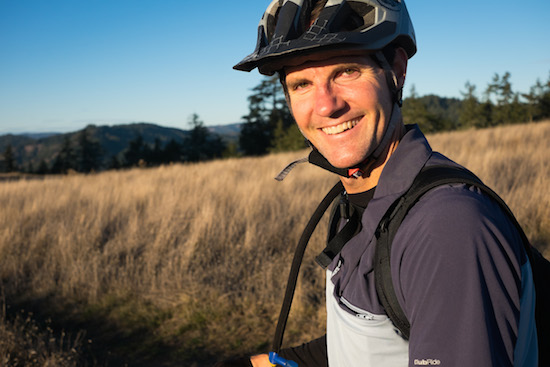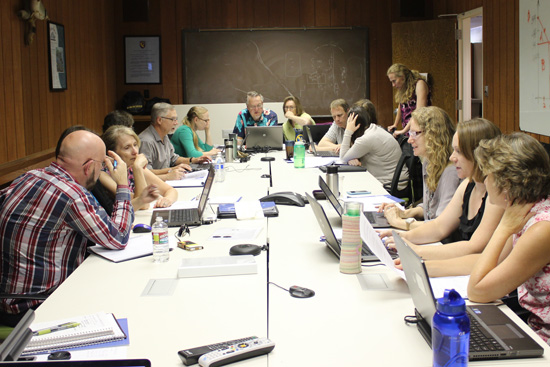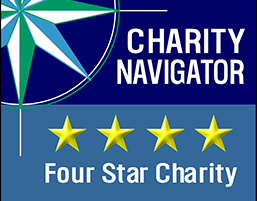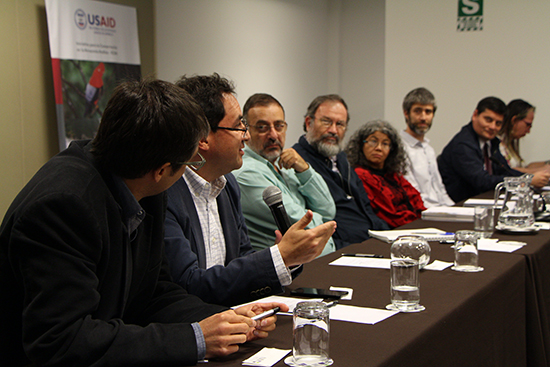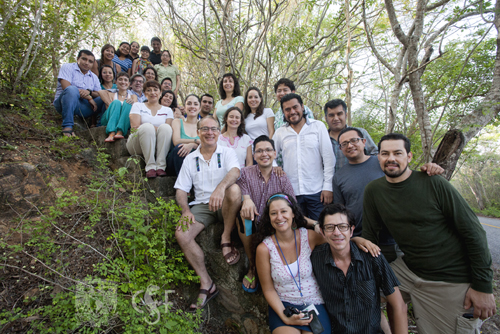News
Brazilian mangroves. Photo credit: Freya Fennwood .
Mangroves are a key ecosystem contributing to biodiversity and flood protection on a local and regional level. Unfortunately most people are unaware of the ecosystem services provided by mangroves. As a result, overfishing and pollution threaten this critical habitat.
Photo credit: Anita Escobedo.
For this month's Donor Spotlight series, I sat down with Jon Mellberg, a Bay Area-based contributor who has supported CSF's videos on economic valuation, part of our popular animated video series. He recently spent some time with me to discuss his background, why he supports CSF and even the best way to calculate the economic value of an elephant!
Aja: Can you tell me a little about your career to date?
Course coordinators Margaret Duncan, Niki Gribi, Craig Martz, and Kim Bonine.CSF traveled to Sacramento, CA in October to lead a three-day training for the California Department of Fish and Wildlife (CDFW). Participants included 28 members of the CDFW staff, and 6 members of the California Fish and Game Commission (FGC). We were able to reach 16 staff in field offices across California using remote access technology and our online workspace.
CSF's sound fiscal management practices and commitment to accountability and transparency have earned it a 4 out of 4 star rating from Charity Navigator, America’s largest independent charity evaluator.
Este 19 y 20 de agosto once becarios del Programa de Becas para el Desarrollo de Investigaciones Económicas Aplicadas para la Conservación en la Amazonía Andina presentaron, junto con sus tutores, los resultados de sus investigaciones a participantes de entidades de gobierno, ONG y universidades.
Last month, the National Autonomous University of Mexico (UNAM) and CSF presented the second annual Economic Tools for Conservation in Mexico and the Mesoamerican Reef. Twenty participants from different regions of Mexico and the Mesoamerican Reef came together to learn what economic drivers cause environmental problems and the potential solutions to them. The two-week course was held June 15th-26th at UNAM’s Chamela Biological Station in Jalisco, Mexico.
On 21st June, CSF-Brazil participated of a workshop about “Dams in Tapajós River”, held in PUC University (Brazil). It was an opportunity to debate with students, professors and other NGOs the subject of huge infrastructures in Amazon and its implications on social and environmental issues.
The Heinrich Böll Stiftung made a report about this event and also an interview with Camila Jericó-Daminello, who is conducting the CSF’s study about the São Luiz do Tapajós dam, planned for the same river.
This was repost with permission from Heinrich Böll Foundation – Rio de Janeiro, Brazil.
Access here

